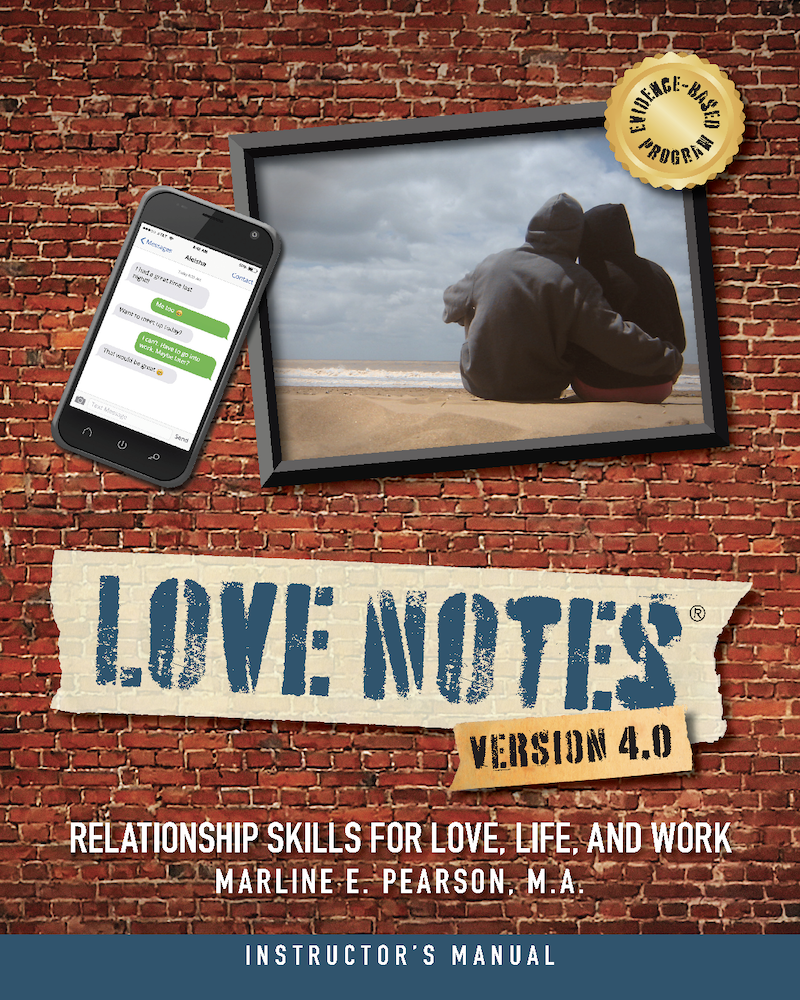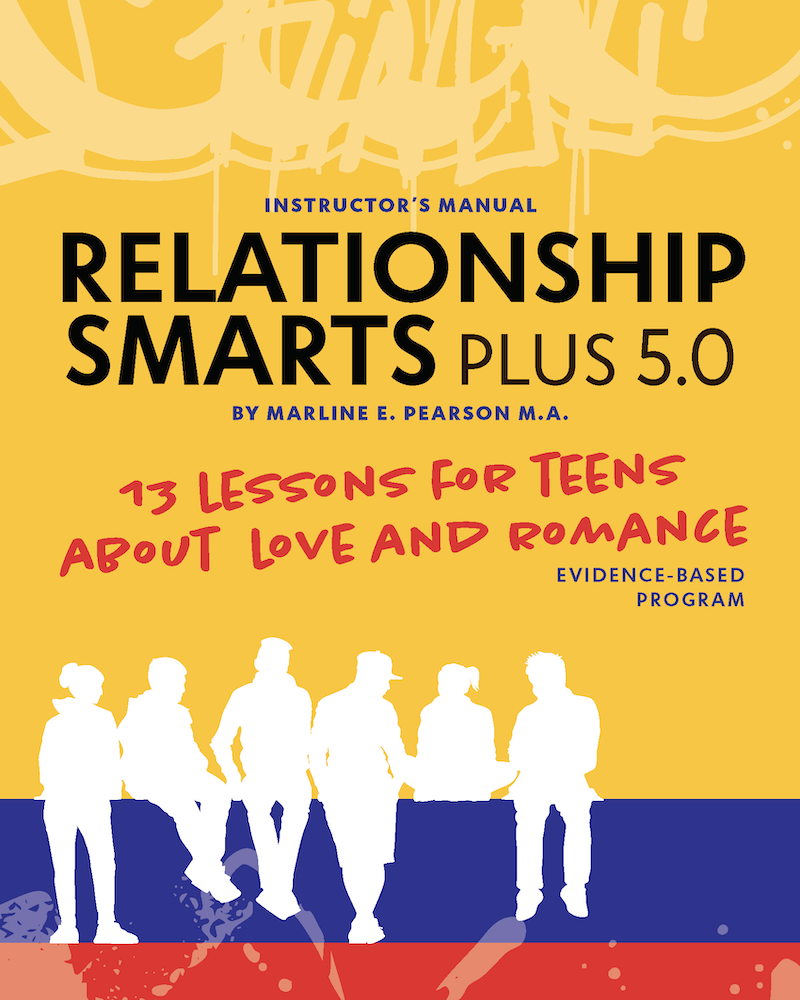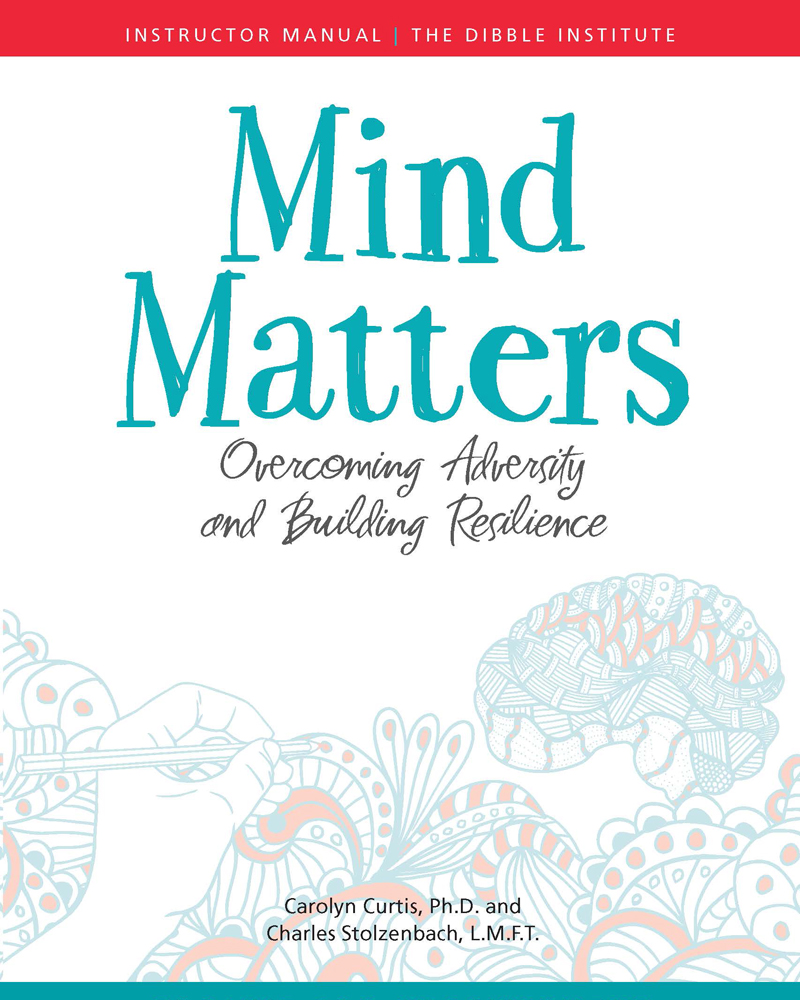Our award-winning curriculum have been tested for results! You can be confident that our evidence-based curriculum will help bring these same outcomes to your youth when used with fidelity in your program. Use these up-to-date and researched materials to meet the needs of today’s youth and help them make healthy choices.
Key Outcomes:
Barbee, A. P., Cunningham, M. R., Antle, B. F., Langley, C. N. (2022). Impact of a relationship-based intervention, Love Notes, on teen pregnancy prevention. Family Relations, 1-20.
Barbee, A.P., et al. (2016). Impact of Two Adolescent Pregnancy Prevention Interventions on Risky Sexual Behavior: A Three-Arm Cluster Randomized Control Trial.
Teen Pregnancy Prevention Evidence Review. U.S. Department of Health and Human Services.
Key Outcomes:
Alamillo, Julia, and Elizabeth Doran (2022). Healthy Marriage and Relationship Education for High School Students: The Longer-Term Impacts of Relationship Smarts PLUS in Georgia, OPRE Report # 2022-325, Washington, DC: Office of Planning, Research, and Evaluation, Administration for Children and Families, U.S. Department of Health and Human Services
Pittman, J. F., & Kerpelman, J. L. (2013, May). A cross-lagged model of adolescent dating aggression attitudes and behavior: Relationship education makes a difference. Published Proceeding, Hawaii International Social Science Conference, Waikiki, HI.
Ma, Y. et al. (2014). Relationship Education and Classroom Climate Impact on Adolescents’ Standards for Partners/Relationships. Family Relations 63: 453-468. DOI:10.1111/fare.12084
Kerpelman, J. et al. (2009). Evaluation of a statewide youth-focused relationships education curriculum. Journal of Adolescence, 1-12.
Adler-Baeder, F. et al. (2007). The Impact of Relationship Education on Adolescents of Diverse Backgrounds. Family Relations 56, 291-303.
Key Outcomes:
Antle, B.F., et al. (2021). Mind Matters Comprehensive Evaluation Final Report. Findings from a randomized control trial conducted at the University of Louisville. Read the Full Report here.




